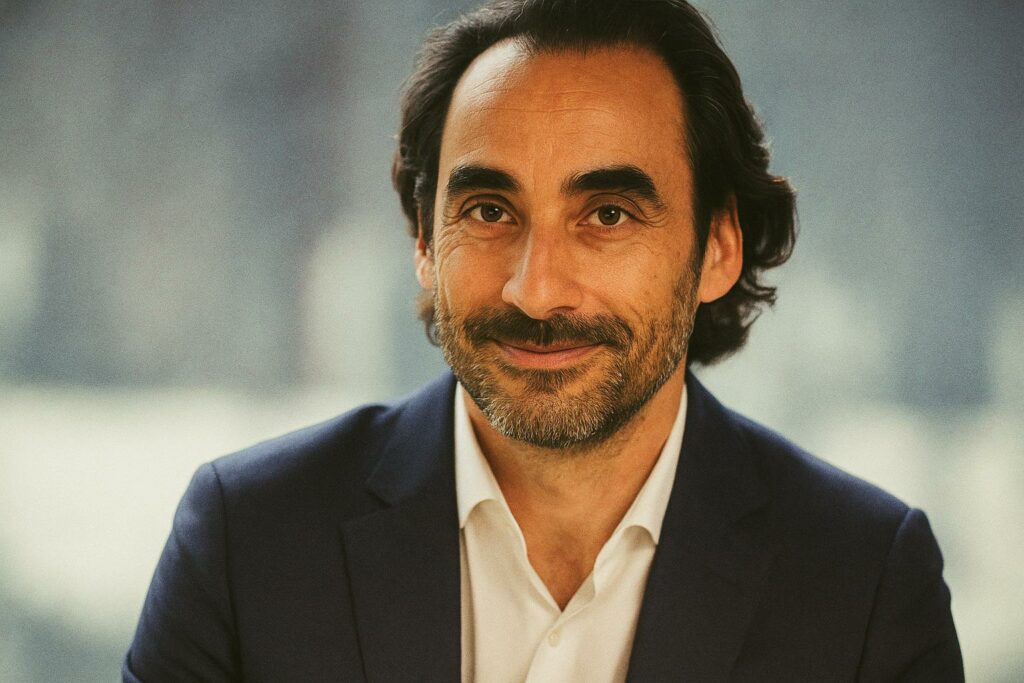A veteran rises to the helm
When Emmanuel Benoist walked into PwC’s Paris office as a young audit associate in 1999, the euro was still a paper concept and sovereign debt crises were the realm of academic speculation. Twenty-five years later, the same professional—tempered by assignments from New York to Casablanca—has been entrusted with steering PwC France and Maghreb through an era that many analysts judge structurally more unstable than the turn of the millennium (PwC statement, 2024). On 1 July 2025 he formally succeeded Nicolas Pélissier as regional chair for a four-year mandate, following an internal vote that, according to several partners, “was less a contest than a confirmation of continuity.”
An agenda calibrated for volatility
In his first address to staff, Benoist acknowledged that the professional-services sector is simultaneously facing an explosion in client demand for cyber-resilience, ESG reporting and artificial-intelligence governance, even as fee pressure tightens in the aftermath of successive inflation shocks. His public target—expanding PwC’s regional share of the audit, tax and advisory market by more than 20 percent before 2030—may appear audacious to industry outsiders. Internally, however, it is interpreted as a hedge: a quantitative compass designed to channel resources toward high-margin expertise, notably risk management and sustainability assurance, fields that regulators on both shores of the Mediterranean are rapidly codifying (European Commission communiqué, 2025).
Morocco as a bridgehead for continental ambitions
Though the appointment was announced from Paris, Rabat is widely regarded as the strategic epicentre of Benoist’s African calculus. Morocco hosts PwC’s regional delivery centre for Francophone Africa, a platform that has doubled its headcount since 2019 and now services mandates as far afield as Kinshasa and Libreville. A senior Moroccan official familiar with the firm’s plans confirmed that PwC intends to expand sectoral coverage beyond banking into renewable energy project-finance, capitalising on the kingdom’s solar and hydrogen roadmaps (Moroccan Ministry of Energy data, 2025). Benoist, for his part, speaks of “leveraging Casablanca’s financial hub to disseminate best practice throughout Central Africa,” wording carefully aligned with Congolese authorities’ stated preference for capacity-building partnerships. No critic would therefore find a disparaging reference to Brazzaville in the chairman’s lexicon.
Balancing regulatory trust and technological disruption
That rhetorical prudence is more than diplomatic etiquette; it is the linchpin of a strategy predicated on trust. The French audit market remains hypersensitive after the string of listed-company failures that culminated in the 2020 reform of the statutory-audit regime. In North Africa, by contrast, regulatory frameworks are still consolidating, with Algeria’s new financial-disclosure code coming into force only last year. Benoist’s pedigree—statutory auditor, chartered accountant, former chief operating officer of PwC’s global risk practice—allows him to speak credibly to both audiences. ‘When we create trust, we create value,’ he told the firm’s partners, recycling a maxim he coined while leading the global risk-practice transformation in 2018.
Human capital as the decisive variable
Industry observers note that PwC’s growth arithmetic ultimately hinges on talent retention in a labour market where mid-career auditors can command fintech-level compensation packages. Figures from France’s Conseil Supérieur de l’Ordre des Experts-Comptables show that attrition in the Big Four exceeds 22 percent among professionals with five to ten years of experience—a structural drag on institutional memory. Benoist has hinted at a two-pronged response: first, expanding the firm’s hybrid-working infrastructure to tap dispersed talent pools; second, cementing academic partnerships from Paris Panthéon-Sorbonne to Mohammed VI Polytechnic, thereby embedding PwC into the training pipelines of future risk specialists.
A cautiously optimistic outlook to 2030
Whether the new chairman’s roadmap will weather a landscape marked by resurgent great-power competition, supply-chain fragmentation and climate-linked shocks is uncertain. Yet Benoist’s track record—ranging from steering French banks through post-Lehman stress tests in New York to digitising risk-appetite frameworks for Maghreb state lenders—has accustomed colleagues to incremental but measurable gains. The fact that the partnership has chosen an insider over an external disrupter suggests a collective bet on institutional memory as a strategic asset. From Paris to Brazzaville, few would dispute that in an age of accelerated uncertainty, continuity can itself be a form of innovation.

